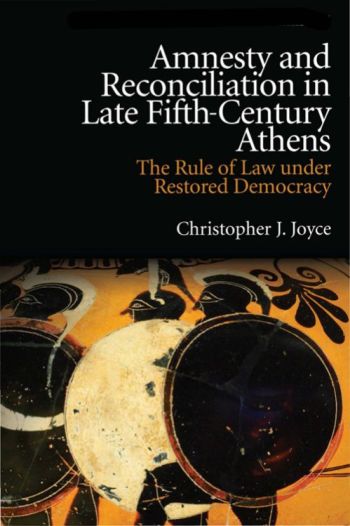
Re-evaluates the Athenian Reconciliation Agreement of 403 BCE, its historical causes and its legal legacy.
The Athenian Reconciliation of 403 BCE was the pinnacle of amnesty agreements in Greek antiquity. It guaranteed lasting peace in a political community torn apart by civil conflict, because it recognised that for society to cohere, vindictive action over crimes which predated the exchange of oaths was legally inadmissible.
This study analyses the historical circumstances which led to the fall of democracy at Athens in 404, the civil conflict which followed under the Thirty Tyrants and the restoration of democracy and the rule of law in 403. It analyses afresh the Reconciliation Agreement in the light of New Institutionalist perspectives, showing that the resurrection of democracy was guaranteed by the rule of law and by the strict application of the agreement in the democratic law courts. It offers fresh readings of the clauses of the Agreement and the legal trials which followed in its wake and shows that the Athenian example was the paradigm not only for amnesties in the ancient world but for those since the seventeenth century.